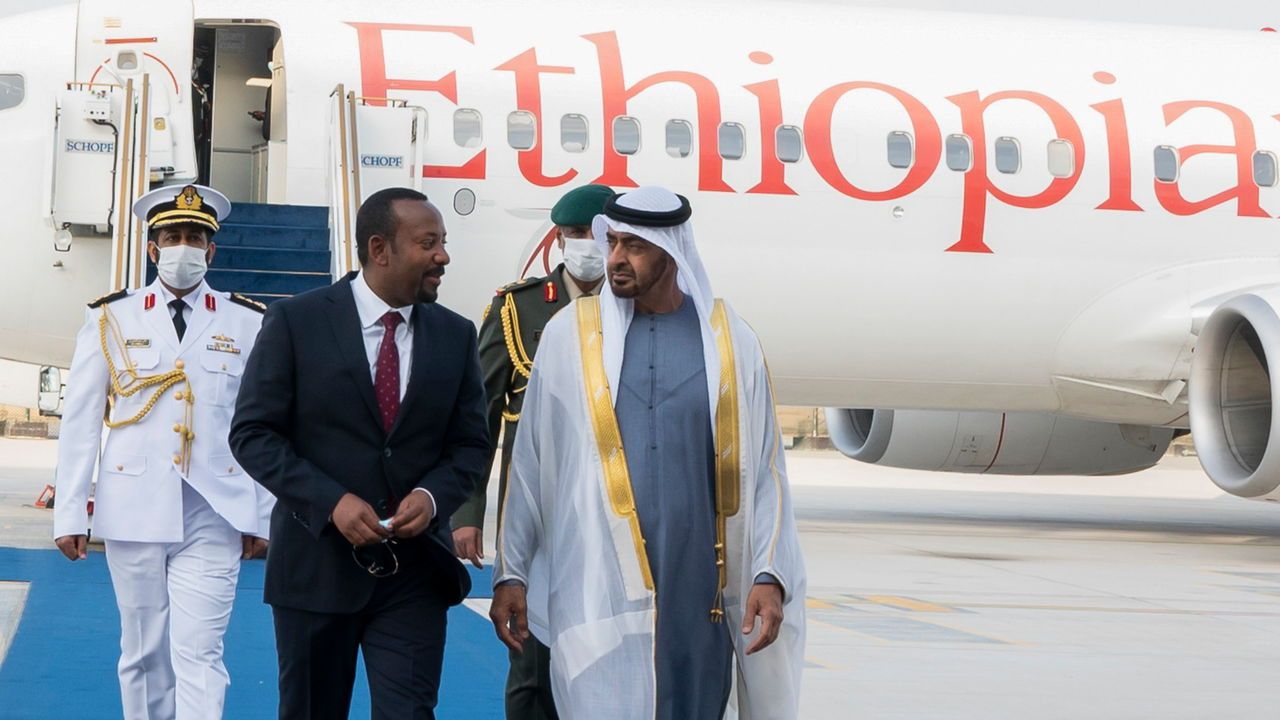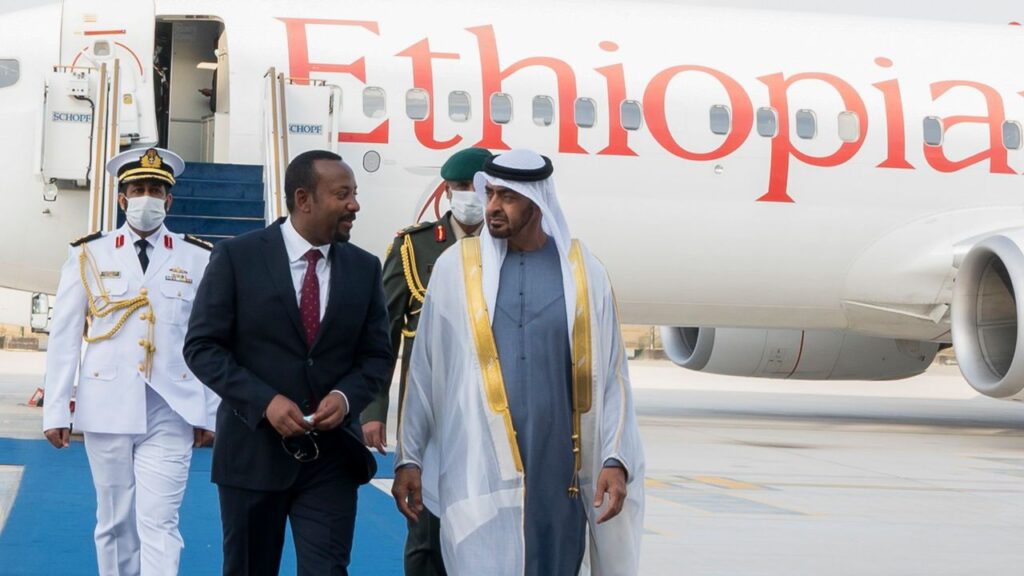
Its increased influence brings economic rewards and political risks

During the cold war African leaders often sided with the West or the Soviet Union, extracting from them aid, arms, investment and other things they desired. After it ended, those wanting to build roads and ports generally did deals with China. Today African politicians are like customers in a geopolitical bazaar as middle powers—including Brazil, India and Turkey—extend their economic and diplomatic reach. Yet it is the rise of the United Arab Emirates (uae)—and to a lesser extent Saudi Arabia and Qatar—that is the most striking. The Gulf’s scramble for Africa promises great economic benefits, but also threatens to fuel horrific wars.
Gulf influence stems from cash. In November Saudi Arabia held its first Africa summit, at which it announced billions of dollars of investment. Even that is dwarfed by the uae, which in 2022 made investment pledges in Africa worth seven times those of American firms. In the previous ten years it was the fourth-largest foreign direct investor in Africa, behind China, the eu and America. dp World, a Dubai-based firm, runs ports in nine African countries. Masdar, a renewables firm, says it will splurge $10bn in Africa. In 2020 and 2021 the uae traded more with sub-Saharan Africa than America did. Dubai, with its secure property rights and light (some would say lax) financial regulation, is home to over 26,000 African businesses.
